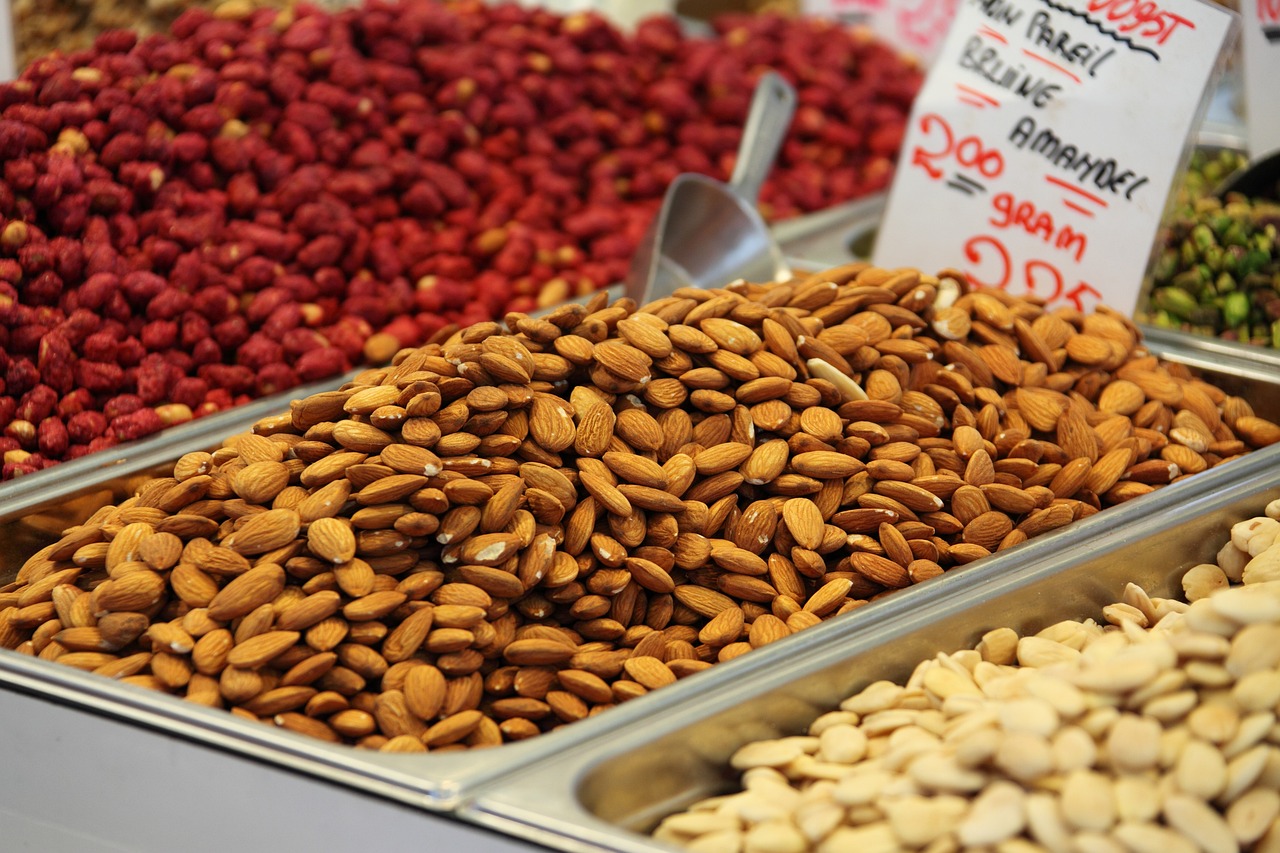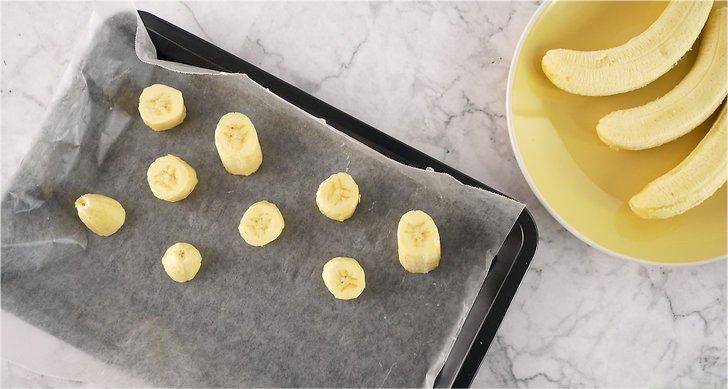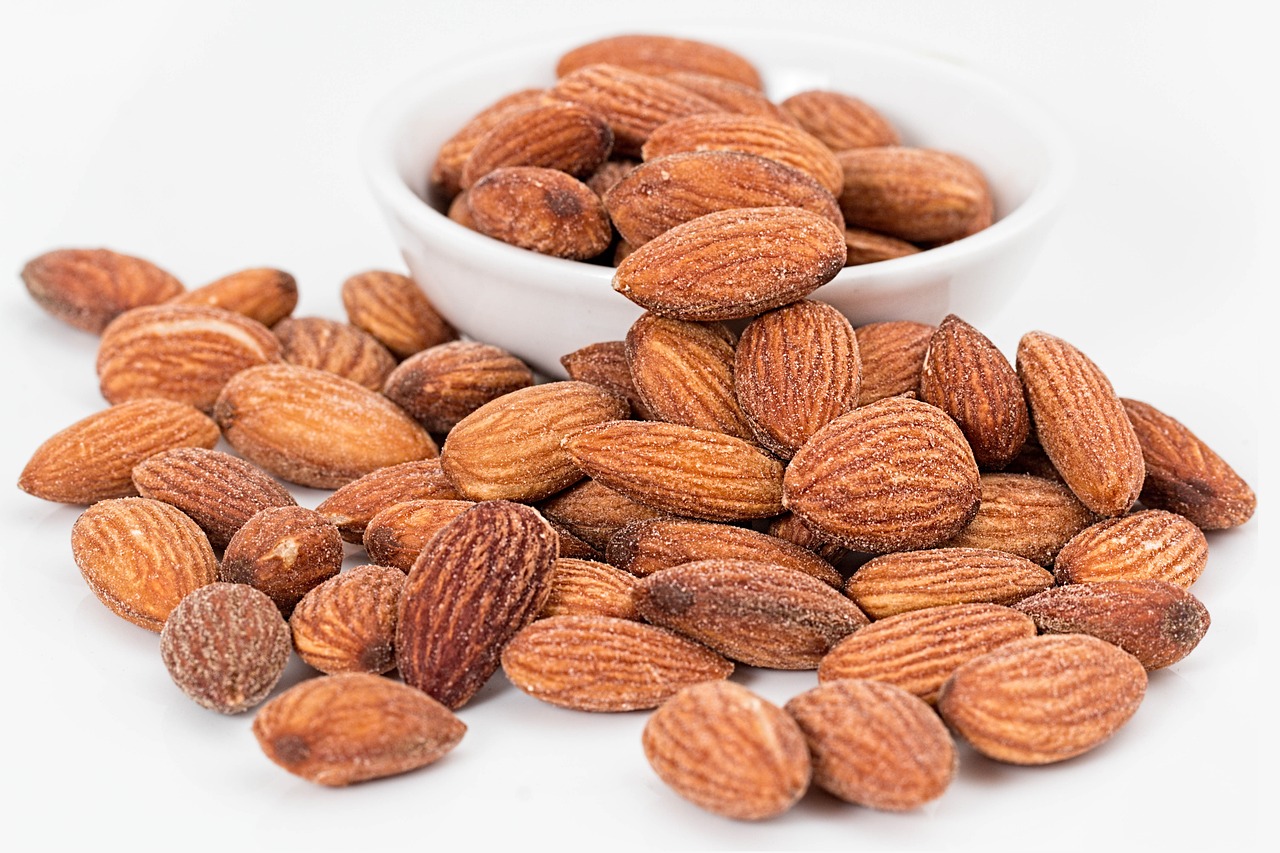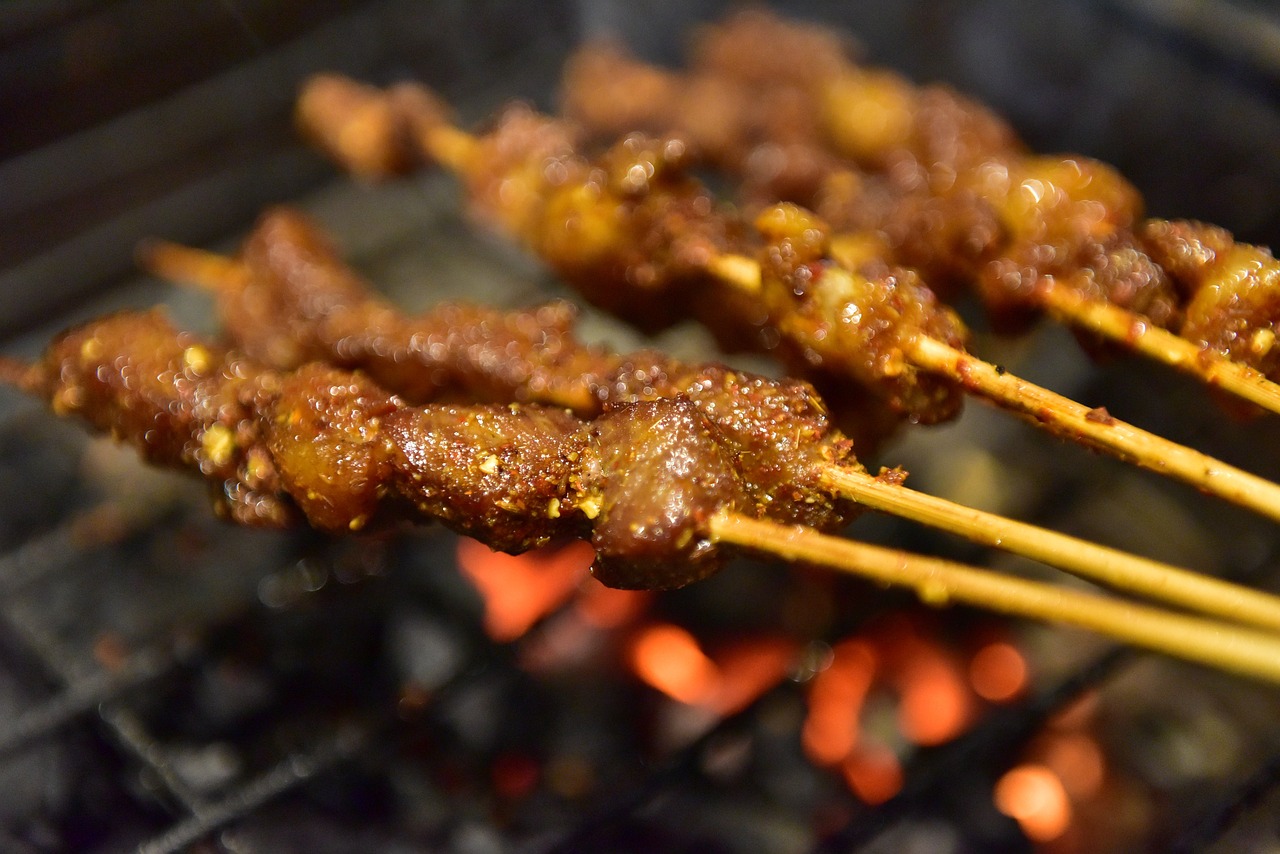Fried nuts are an essential snack in almost every household and a source of nutritional supplementation in the diet. Studies in recent years have found that proper consumption of nut oilseeds has many health benefits.
For example, it lowers blood lipids, reduces the risk of cardiovascular diseases, reduces the risk of diabetes, and reduces postprandial glycaemic response. Replacing some meat foods with nut oilseeds is also beneficial in reducing all-cause mortality.
However, there are several aspects to consider when it comes to nut oilseed foods, whether to eat them, which ones to eat, and how many to eat. Take a look at these common problems with eating nut oilseeds, have you noticed any of them?
Problem 1: Eating too much. Consequence: gaining weight.
While some studies say that eating ‘nuts is not fattening’, this conclusion is largely based on replacing snacks such as biscuits, biscuits and chips with nuts. After all, nuts and oilseeds are high in calories, and if they affect the amount of food eaten at meals, they are nutritionally unbalanced. If it does not affect the amount of regular meals, additional food, the calorie is too high, not consumed will be fat, on the prevention of high blood cholesterol and fatty liver is unfavourable.
Problem 2: Eating discontinuously. Consequence: no health benefits.
Eating a little bit every day and eating in small increments is better for your health than eating a lot sometimes and not eating at all sometimes. Some intervention studies have given subjects 90 grams or more at a time, and I personally don’t think that’s beneficial. Epidemiological studies suggest that 50-70 grams per week is enough to produce a healthy effect, which averages out to 10 grams per day. If you use less oil for stir-frying, you can eat more, but an average of 20 to 30 grams is enough (shelled weight).
Problem 3: The product is not fresh. Consequence: promotes oxidative ageing.
Many nuts and oilseeds sold as snacks are not fresh enough. After buying them home and leaving them for two or three months, it is common for the fat to oxidise and produce an unfresh flavour. Why not buy a small number of times, buy the kind of vacuum-packed or nitrogen-filled packaging products, or buy directly without shelling state. Avoid buying large quantities of crushed and powdered products.
Problem 4: Poor cooking. Consequences: damage to the mucous membranes and digestive tract.
Nut oil seeds are eaten in dishes, often after frying. Made into snacks, usually with salt and sugar. In contrast, if you add some spices to cook and eat softly, directly chopped and mixed with gazpacho, or eat with steamed bread, it is delicious and healthier. If it is fried and eaten, over baked and dried and eat, add a lot of oil and sugar seasoning and so on to eat, the trouble is a little more. Over-dried nuts absorb moisture from the mouth and digestive tract, which can easily cause inflammation of the mucous membranes. If you add a lot of salt, it’s even worse.
Problem 5: Wrong choice of meals. Consequence: three meals are not nutritionally balanced.
Nut oilseeds are best placed in the morning. This is because, breakfast time is rushed, many people often eat too little, adding nut oil seeds can strengthen the quality of breakfast, so that breakfast is more delicious, more resistant to hunger. At the same time, using nut oil seeds with high glycaemic index foods such as bread and buns can reduce the postprandial glycaemic response. If you eat in the evening, often the food is already very rich, and there is a lot of oil in the dish, and then eat a big handful of nut oil seeds, will obviously make the dinner more calories, and the digestive burden is heavier.
Problem 6: Wrong variety. Consequence: fatty acid imbalance.
Since nut oil seeds are a source of fat, fatty acid balance needs to be considered. What fatty acids are lacking and what fatty acids are in excess can be adjusted with nut oil seeds.
For example, people who fry in peanut oil on a daily basis do not need to eat peanuts. People who fry with sunflower oil on a daily basis don’t have to eat sunflower seeds. Otherwise the fatty acids will be more skewed in the same direction.
Problem 7: Digestion can’t keep up. Consequence: stomach blockage bloating and diarrhoea.
Due to the nut oil seeds contain a large number of anti-nutrients, such as phytic acid, oxalic acid and polyphenols, which have an inhibitory effect on digestive enzymes. At the same time, the nut texture is more hard and dense, difficult to chew thoroughly, digestive enzymes contact also have difficulties. Indigestion after eating too many nuts and oil seeds may be prone to stomach blockage and bloating, and even some people experience diarrhoea.
That’s why people with weak digestion should avoid eating large amounts of fried or roasted nut oil seeds. Consider softening them in a pressure cooker or putting them in a soya milk maker or wall-breaker and pulsing them for consumption, which is much less taxing on the digestive system.
Problem 8: Doesn’t suit your body type. Consequences: allergies, acne and inflammation.
Due to the incorrect ratio of fatty acids in nut oil seeds, too much omega-6 fatty acids may not be conducive to controlling inflammatory reactions, triggering acne, or making acne problems worse. Sunflower seeds and watermelon seeds, for example, are of the super-high omega-6 variety, which is unfriendly to skin problems. Oleic acid-based varieties such as macadamia nuts, almonds, and batanas are much better. Cashews and peanuts fall somewhere in between.
Many people have problems such as chronic allergies to nut oil seeds, and very few even have acute allergies to nut oil seeds. People with inflammation of the mucous membranes of the skin are also not suitable for eating more.
In conclusion, although nuts and oilseeds are rich in protein, trace elements, vitamin E and dietary fibre, they need to be eaten properly in order to really get their health benefits.
To summarise, sensible eating is:
1 Try to eat in the morning. Enhance the nutrition of breakfast, but not easy to eat too much.
2 Eat with carbohydrate food. It’s great with dried fruit, with a main meal, in a pasta dish.
3 Nuts can be added to gazpacho, if used in stir-fries, try to avoid frying and over-roasting.
4 If you want to eat more nuts, frying oils and fat-containing snacks should be moderately reduced.
5 Choose fresh-smelling nuts, and choose vacuum and nitrogen-filled packaging for long shelf-life products.
6 When choosing nut varieties, consider the overall fatty acid balance of the meal and avoid duplicating cooking oils.
7 indigestion people can moderately control the consumption of nuts and oil seeds, with a wall-breaker into the nut soy milk eat more appropriate.
8 People with inflammation and acne problems should avoid varieties of nuts and oils that contain too much omega-6 fatty acids.



